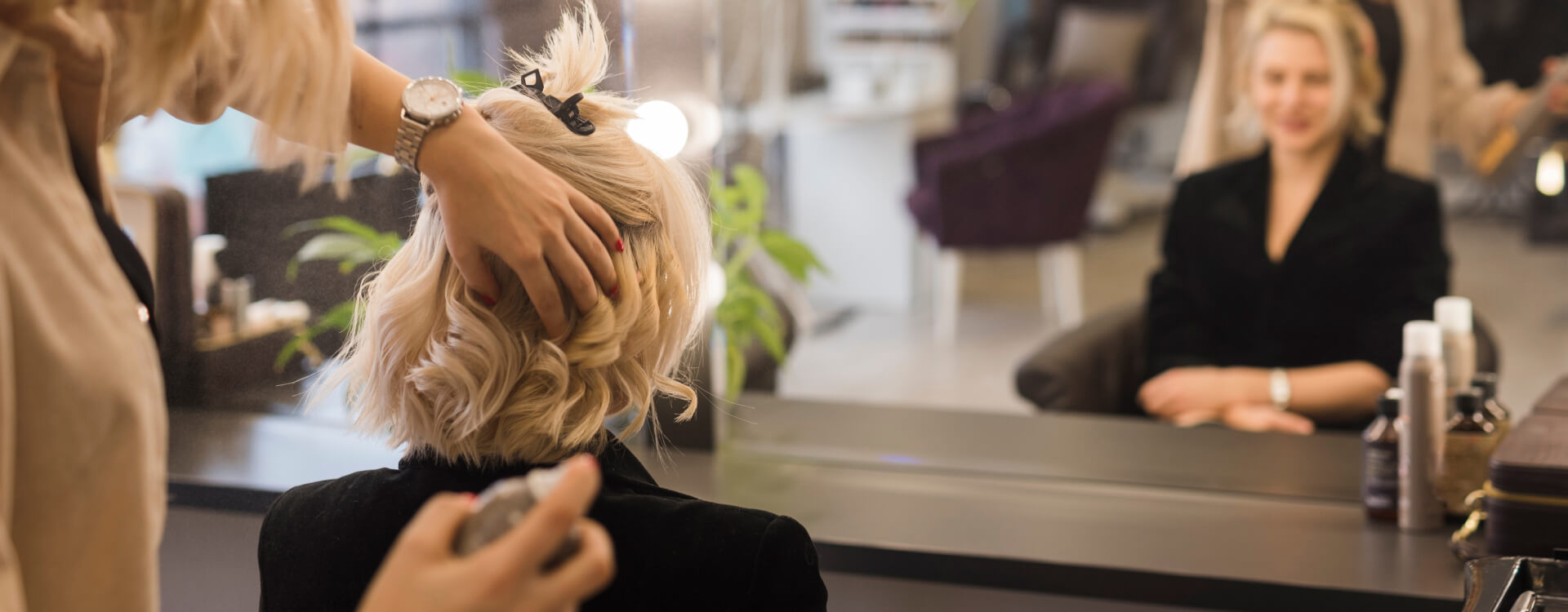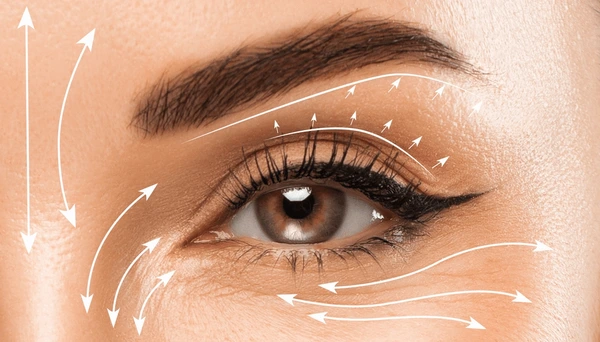Overview
Age-related wrinkles are particularly noticeable on areas of skin that are exposed to the sun, such as the face, neck, hands, and forearms.
Sun exposure is a major contributor to wrinkles, even though genetics mostly control skin colour and texture. This is especially true for those with light skin tones. Smoking and pollution are additional causes of wrinkles.
You have more alternatives than ever to assist smooth out wrinkles or reduce their visibility if they irritate you. In terms of effective wrinkle treatments, medications, skin resurfacing methods, fillers, and surgery come in first.
The best dermatologist in Lucknow, Dr. Asma, offers advanced treatments for wrinkles removal using Botox, dermal fillers, and laser therapies. These procedures smooth fine lines, restore skin elasticity, and rejuvenate facial appearance. With customized care, patients achieve youthful, radiant skin and long-lasting anti-aging results through safe and effective dermatological expertise.
Causes:
The ageing process is naturally accompanied by wrinkles. People's skin grows thinner, drier, and less elastic as they age, making it less equipped to defend themselves from harm. As a result, the skin develops lines, creases, and wrinkles.
Facial expressions like smiling, frowning, or squinting cause fine lines and wrinkles to appear early in life. As a person ages, these lines become more pronounced.
Skin springs back when a person is young. The skin gets less elastic as people age, making it harder for the skin to rebound, which leads to permanent grooves.
Due to structural and functional variations in the skin, wrinkles have a distinct impact on persons with varying skin tones. According to a ResearchTrusted Source, the compact dermis is thicker in the skin of Black and Asian people, perhaps acting as a preventative measure against face wrinkles.
Wrinkles are influenced by a variety of variables, including:
-
using the sun
-
smoking
-
dehydration
-
a few medicines
-
genetic and environmental influences
The appearance of wrinkles is accelerated by ultraviolet (UV) light exposure from outdoor activities such as sunbathing, tanning beds, and sports.
The collagen and elastin fibres in the skin are destroyed by UV radiation. The connective tissue that supports the skin is made up of these fibres. The skin loses strength and flexibility as this layer degrades. Wrinkles start to develop as the skin begins to sag.
Early wrinkles are more likely in those who work in the sun. Wrinkles may take longer to form if you wear covering clothing, including caps or long sleeves.
Smoking frequently decreases the blood circulation to the skin, hastening the ageing process of the skin. Alcohol dries out the skin, and wrinkles are more likely to appear on dry skin.
Symptoms of Wrinkles
The folds and lines on your skin are called wrinkles. Around your eyes, lips, and neck, wrinkles may become deep crevices or furrows that are particularly obvious.
Whenever to visit a doctor
Consult a dermatologist if your skin's appearance worries you. He or she can examine your skin and work with you to develop a customised skin care routine. Medical wrinkle treatments might also be suggested by a dermatologist.
Treatment
There are numerous treatments available to deal with skin's fine wrinkles. A person may need more extreme methods, such Skin Tightening from Lasers, Botox or filler injections, for deeper wrinkles.


